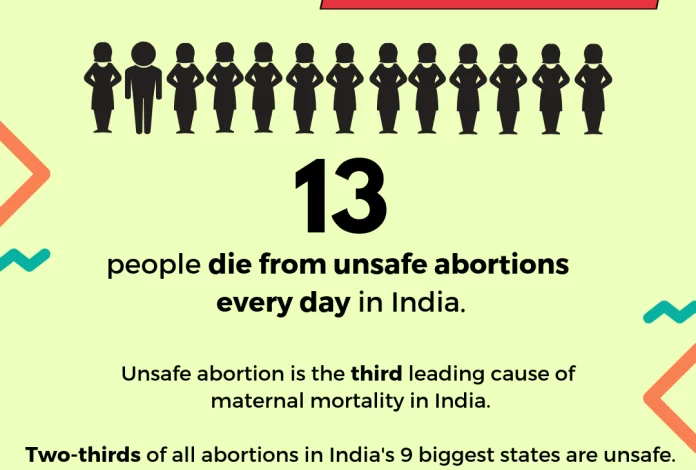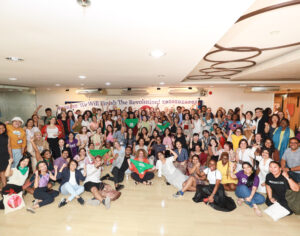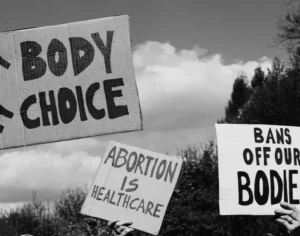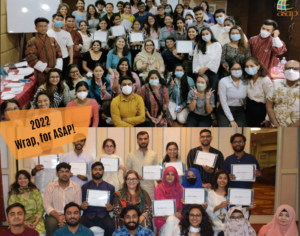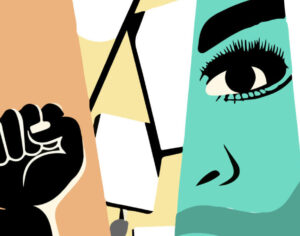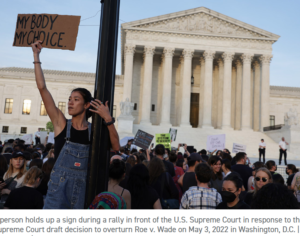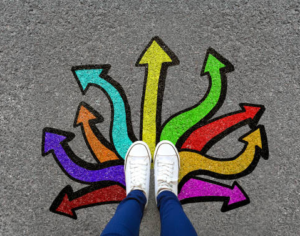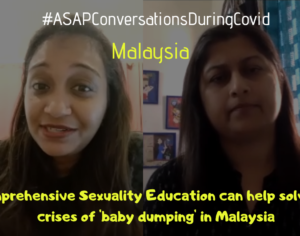Unsafe Abortions: A Preventable Tragedy and Threat to Women’s Rights
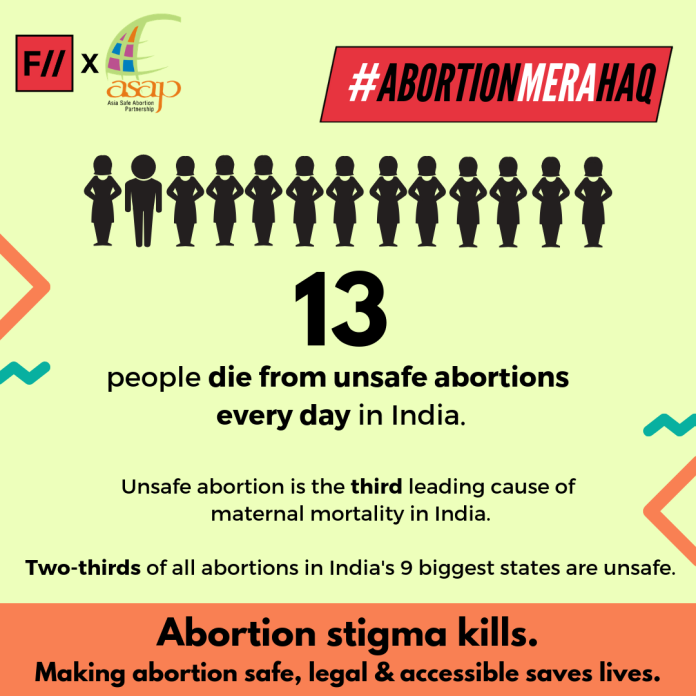
Unsafe abortion remains one of the top five causes of maternal mortality, despite being the most preventable cause when compared to other medical complications like postpartum hemorrhage.
The videos I recently watched stirred a range of emotions within me, but the most urgent emotion I’d like to discuss is anger. It is infuriating to realize that women are being denied a fundamental choice, a right that directly endangers their lives, by individuals and advocates who claim to champion human rights.
The more information I access, the clearer it becomes that data and policies are often manipulated to serve the interests of those in positions of power—individuals who purport to represent us but are, in reality, driven by entirely different motives. There exists a substantial chasm between the personal interests of lawmakers and those directly affected by these laws.
The criminalization of abortion or the denial of safe abortion rights to women has been touted as a solution to address gender-based discrimination, sex ratio imbalances, sex selection, and even the perceived rights of the fetus. However, in reality, such measures in themselves discriminate against women, stripping them of their right to choose, the ability to make decisions about their bodies, and their autonomy.
These efforts are rooted in the desire to maintain an unjust power dynamic over women, subjecting them to laws that label them as criminals for making deeply personal choices, like choosing to not reproduce for whatever reason. It also reflects a desire to control women’s sexuality, “if abortions become too easy women wouldn’t fear participating in sexual activities.”
In nations such as China, where the one-child policy was once enforced, the practices of sex selection and female infanticide have sadly continued to rise. Now that the government is promoting families to have more than one child, abortion is facing stronger condemnation.
Governments have weaponized laws against safe abortion by leveraging social and cultural influences. Even in countries with legal provisions for safe abortion, accessing state provided reproductive services and safe facilities has become increasingly challenging for women due to the stigma associated with abortion, especially for unmarried women.
These policies and campaigns seem to miss the fundamental underlying problems and, in the end, eventually arise more as a problem in itself than the solutions it intended to bring.
The implementation of policies related to female foeticide and the messaging in campaigns addressing these issues tend to exacerbate gender bias. They increasingly stereotype women, boxing them into roles as providers, future daughters-in-law, and bearers of heirs for their families. It’s obvious that it reflects the status of women in a patriarchal system, where neither the status of women has been changed nor the girl child is still wanted.
Our reproductive lives are in many ways controlled by external forces within which we need to constantly defend the rights of the individual. As a young woman it scares me and more so enrages me to think of the potential limitations I’d have to face if I were to access safe abortion services, knowing that it could impact not only my reproductive decisions but also various other personal choices.
This blog is published by Mahak Agrawal from India, who has recently joined the ASAP Team as the Communication and Network Officer
